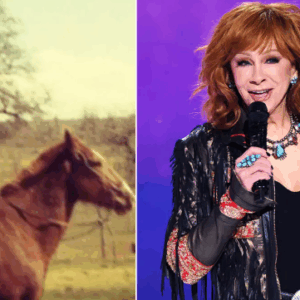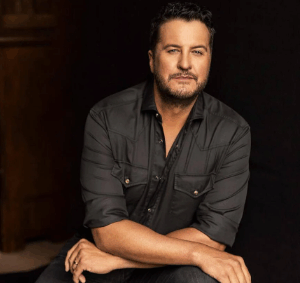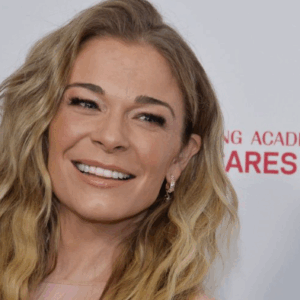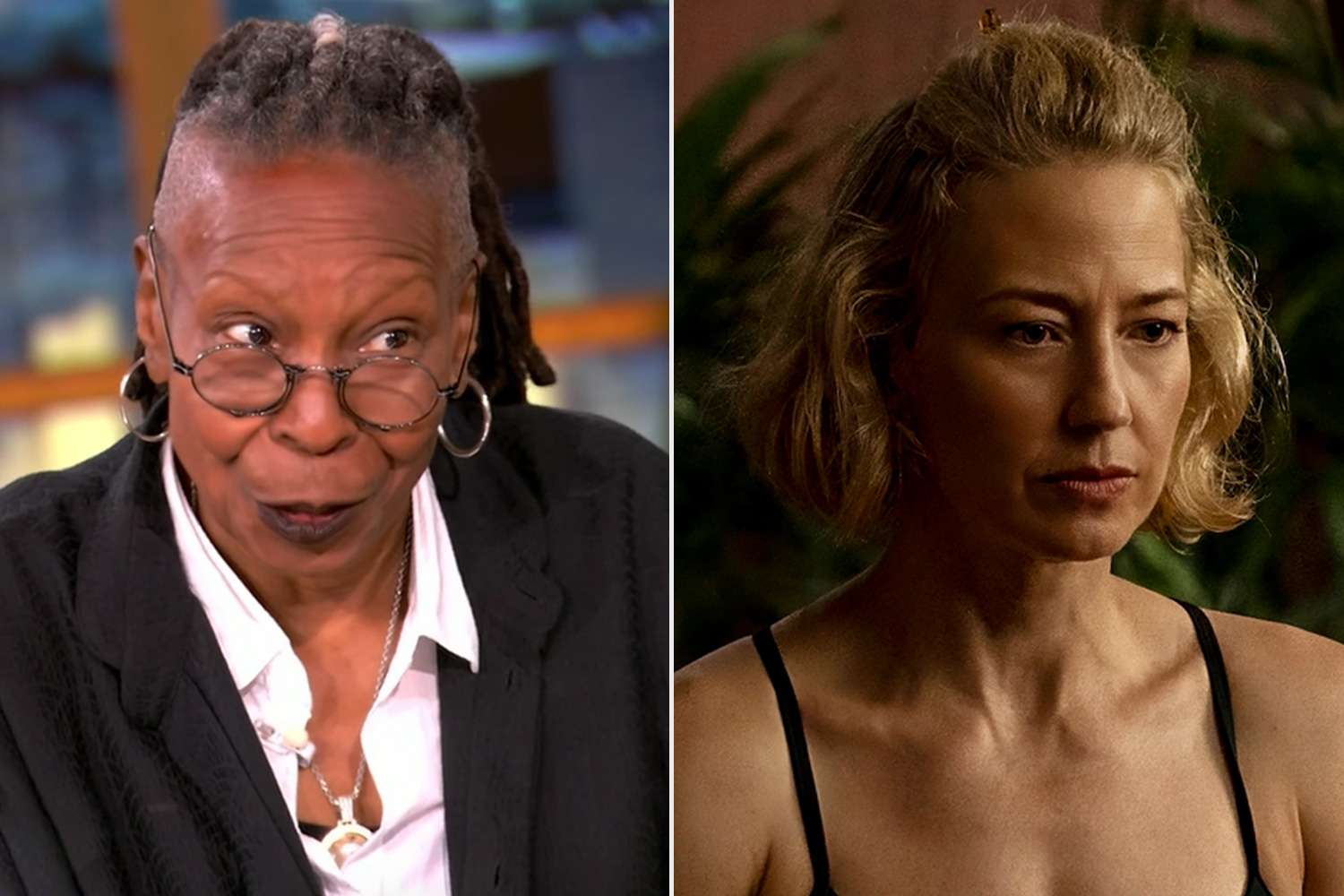
Image: Getty Images
Whoopi Goldberg Didn’t Hold Back from Harshly Mocking the Show The White Lotus. What Led Her to Make Such Remarks?
Whoopi Goldberg recently made waves with her candid criticism of HBO’s acclaimed series “The White Lotus.” During an episode of “The View,” she referred to the show as “The Caucasian Lotus,” sparking conversations about representation in media and the portrayal of wealth. This comment was triggered by a particular scene in the show’s third season, where three friends, played by Michelle Monaghan, Carrie Coon, and Leslie Bibb, engage in a politically charged discussion that highlights their differing views. The scene features a character admitting to voting for Donald Trump, igniting debate among viewers and commentators alike.
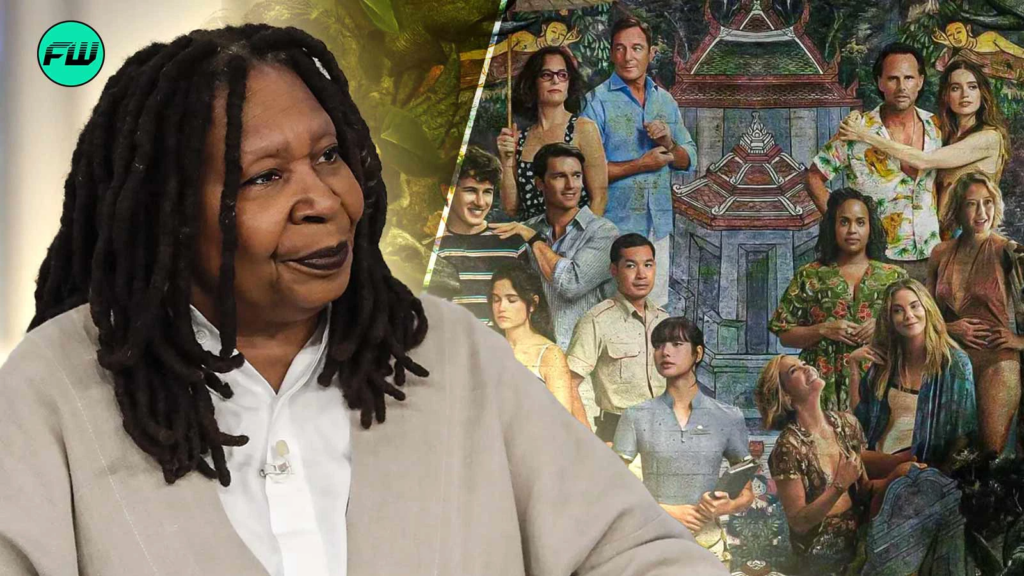
Image: Getty Images
Exploring the Subtext of Whoopi’s Remarks
Goldberg’s critique was sharp and intentional. She focused on the show’s tendency to spotlight “ultra-rich people going to exotic locations,” an element that resonates but also raises questions about diversity. Over its three seasons, “The White Lotus” has largely featured a predominantly white cast, leading to assertions that the few racial minority characters often occupy subordinate roles in the narrative. This aspect of the show has not gone unnoticed, with critics and audiences increasingly vocal about the necessity for more balanced representation in storytelling.
Goldberg’s use of the term “lap of luxury” underscores her frustration over how the wealthy are portrayed without a more nuanced portrayal of societal struggles. As she delved into the themes that pervade the show, she pointed out that the storytelling often seems disconnected from the everyday challenges faced by many viewers. Her comments reflect a broader conversation about the ethics of representation in entertainment and the implications of profiting off the lives of the privileged while not addressing those further marginalized.
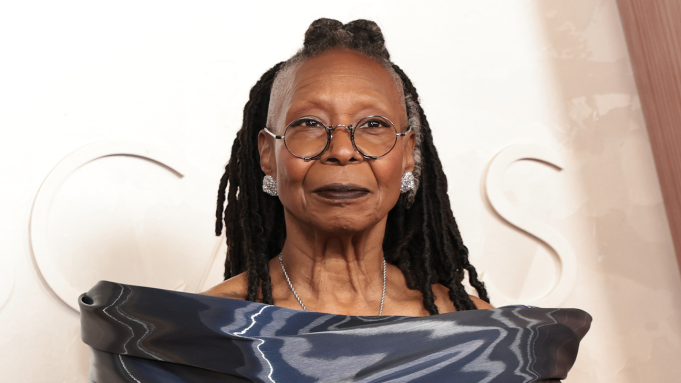
Image: Getty Images
Reception and Reactions to the Controversial Scene
The episode that triggered Goldberg’s remarks has generated significant dialogue online and among fans of the series. Bibb, discussing the politically charged scene, revealed that it was filmed well before Donald Trump announced his candidacy for the 2024 presidential election. In light of this timing, she expressed surprise at how relevant the scene has become amidst the current political landscape.
Notably, reviews of the third season have remained positive overall. NME, a popular entertainment publication, awarded the season four stars, praising its ability to intertwine absurd humor with piercing social commentary. Critics commend the show for its unexpected twists and genuine moments of hilarity, although some believe that the critical lens applied by Goldberg holds merit, particularly in discussions of representation and intent.
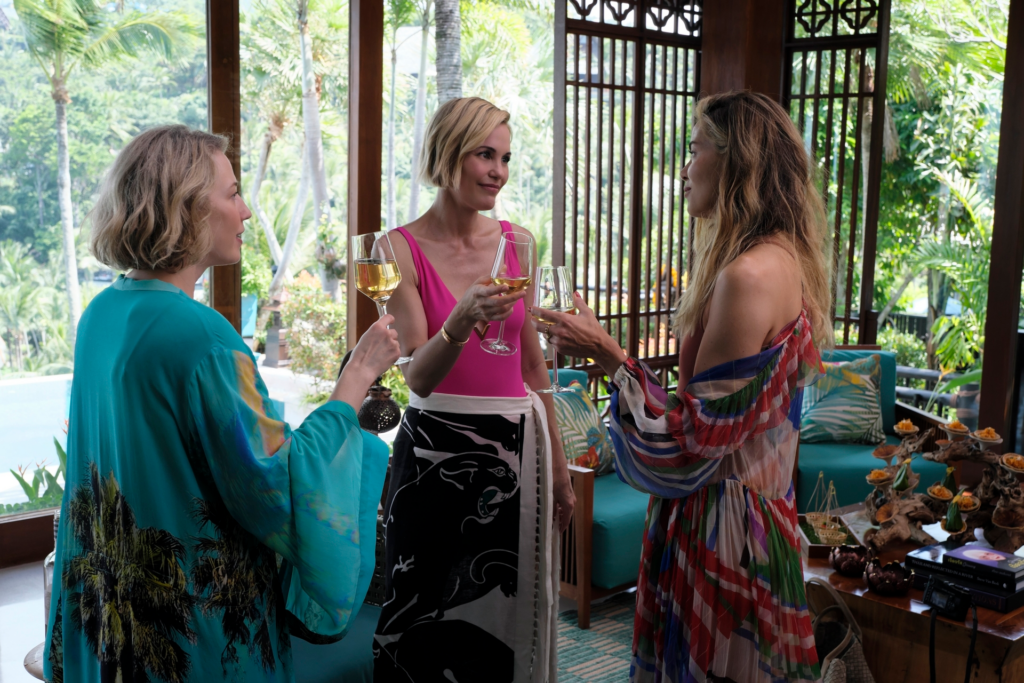
Image: Getty Images
The Future of The White Lotus Amidst Criticism
As audiences anticipate the finale of the third season of “The White Lotus,” discussions around the series reflect a growing consciousness of social issues within the entertainment industry. HBO has already confirmed a fourth season, though specifics regarding the plot and character arcs remain under wraps. The ongoing dialogue surrounding the show and Goldberg’s critiques may very well influence how future seasons prioritize inclusivity and depth in storytelling.
The juxtaposition of the show’s engaging narrative against the backdrop of implicit social critique positions “The White Lotus” at a crossroads. As conversations about race, privilege, and the American political landscape continue, many are curious to see how the creators will navigate these themes in forthcoming episodes.
Whoopi Goldberg’s remarks serve as a reminder that while entertainment can explore sumptuous lifestyles and lavish settings, it must also recognize and reflect the diverse realities of its viewership. The challenge now lies in how audiences and creators alike respond to such criticisms and actions in future productions, ensuring more voices are represented in the stories we share.
Curious about the evolution of television and its impact on society? Stay tuned for more discussions on the intersection of media, culture, and representation!
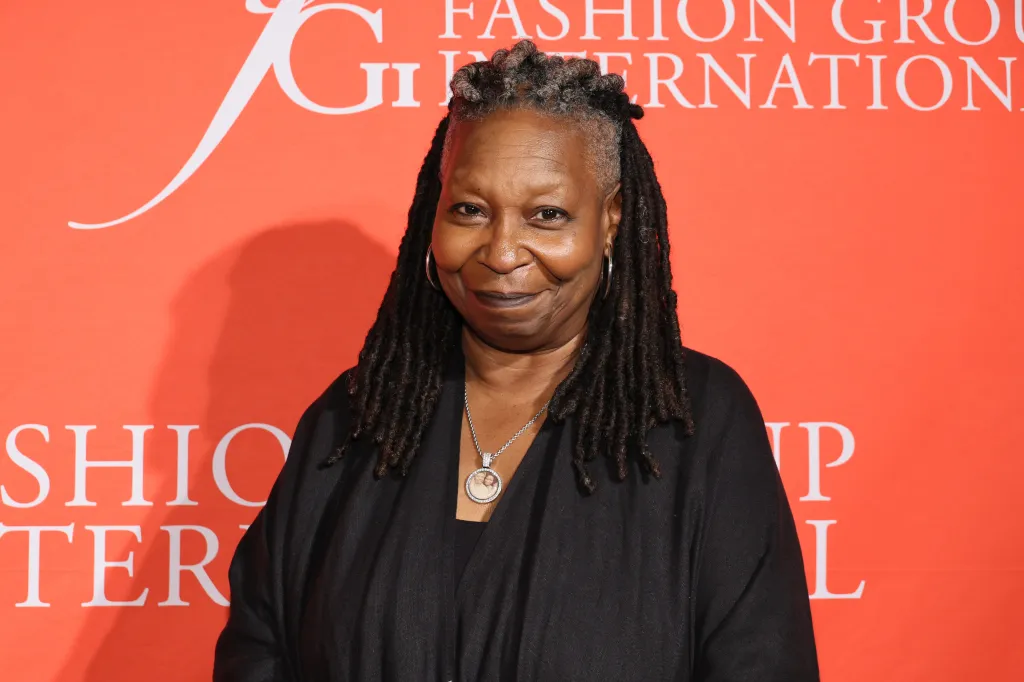
Image: Getty Images
